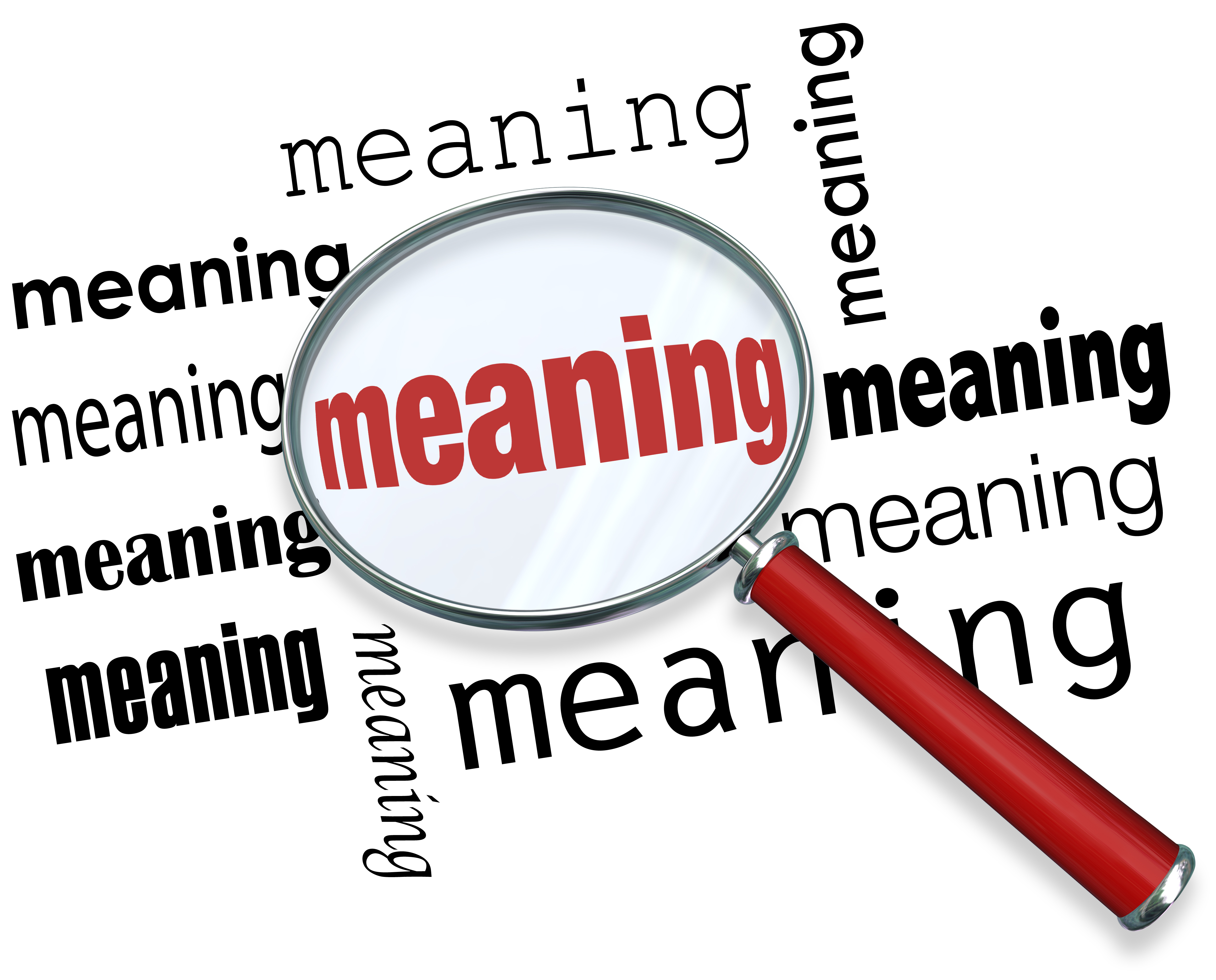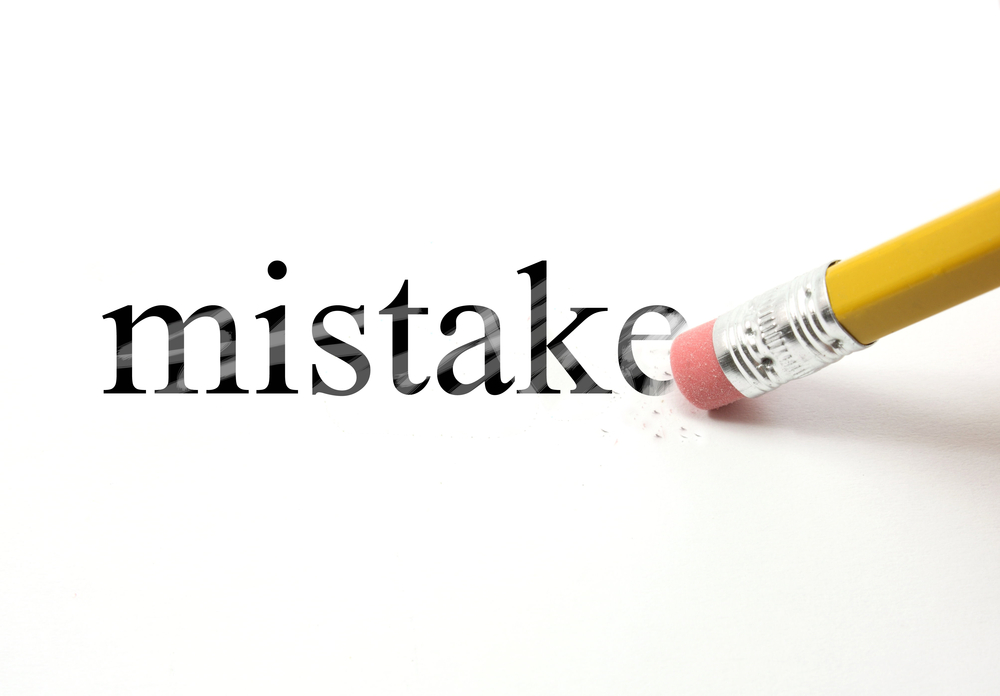Loss of Future Earning Capacity Damages Must be Proven with Reasonable Degree of Certainty
Loss of future earning capacity can be a difficult damage to recover because of what is seen as the inherent speculativeness of this damages category. Economic damages need to be proven with a reasonable degree of certainty and this can become challenging when dealing loss of future earning capacity damages, especially if the person has no earning capacity or no earning capacity in the area they are claiming they lost future earnings. Importantly, how do you establish with a reasonable degree of certainty the diminished earning capacity and, then, what that figure should be? This difficulty be seen in a recent...
Continue reading













